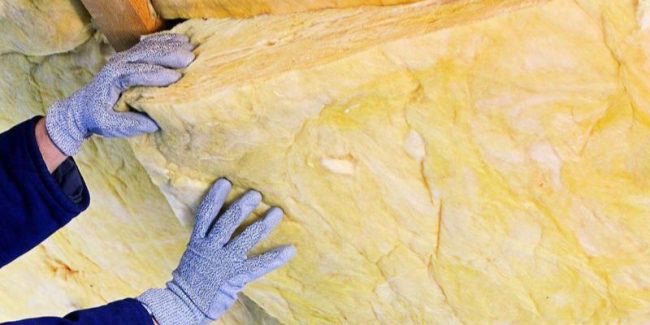Ireland’s cool and often damp climate means heating your home efficiently is a constant challenge. One simple yet highly effective solution is premier insulation. It’s a cost-friendly upgrade that helps reduce heat loss, save on energy bills, and protect your plumbing system from damage.
In this article, we’ll explain what pipe insulation is, why it’s important in Ireland, how it works, and how it can save you money while keeping your home comfortable.
What is Pipe Insulation?
Pipe insulation is a protective layer placed around water pipes to keep the heat inside hot water pipes and prevent cold water pipes from freezing. It acts as a barrier between the pipe and the surrounding air, reducing heat transfer.
In Ireland, where winters can be chilly and frost is common, uninsulated pipes can quickly lose heat. This means your water takes longer to heat up, your heating system works harder, and your energy bills go up.
Why Pipe Insulation is Important in Ireland

1. Prevents Heat Loss
When hot water travels through uninsulated pipes, it cools down before reaching taps or radiators. This means you use more energy to reheat the water, increasing your bills. Insulation keeps the water hotter for longer.
2. Saves Energy and Money
Reducing heat loss means your boiler or heating system doesn’t need to work as hard. This saves energy, lowers heating costs, and makes your home more efficient.
3. Protects Against Freezing
During very cold nights, water inside exposed pipes can freeze and expand. This can lead to burst pipes, which are expensive to repair. Pipe insulation reduces this risk by keeping the temperature inside the pipe more stable.
4. Reduces Condensation
For cold water pipes, insulation helps prevent condensation from forming on the outside of the pipe. This reduces dampness and mould problems, protecting your home’s structure.
How Pipe Insulation Works
Pipe insulation works by trapping air within its material, creating a barrier that slows down the movement of heat. In hot water pipes, this barrier prevents heat from escaping. Cold water pipes, it blocks warm air from reaching the pipe surface, preventing condensation.
Where homes often have pipes running through unheated spaces like attics, basements, and outdoor walls, insulation makes a noticeable difference in energy efficiency and comfort.
When to Install Pipe Insulation
The best time to insulate your pipes is before the colder months arrive—ideally in autumn. This ensures your pipes are protected before frost and freezing conditions hit. However, insulation can be installed at any time of year, and it’s especially worth doing if you’re upgrading your heating system or renovating your home.
Cost of Pipe Insulation in Ireland

Pipe insulation is relatively inexpensive compared to the savings it can bring. The cost will depend on the size and length of your pipes and the insulation material you choose. In Ireland, insulating an average household’s pipes is often a small one-time expense that can pay for itself within a year or two through lower energy bills.
Additional Benefits for Irish Homes
-
Eco-Friendly – Using less energy means reducing your carbon footprint, which is better for the environment.
-
Comfort – Hot water reaches your taps and showers faster, making your home more comfortable.
-
Low Maintenance – Once installed, pipe insulation requires very little upkeep.
Conclusion
Pipe insulation is a simple and affordable upgrade that delivers real benefits for homes in Ireland. By preventing heat loss, reducing energy bills, protecting against frozen pipes, and stopping condensation, it improves both comfort and efficiency.
If you haven’t already insulated your pipes, now is the perfect time to do it. This small investment can make a big difference in keeping your home warmer and your heating costs lower.
FAQs
1. Does pipe insulation really save money?
Yes, by reducing heat loss, pipe insulation lowers energy use, which can significantly cut your heating bills over time.
2. Can I install pipe insulation myself?
Yes, many homeowners in Ireland install it themselves, especially on accessible pipes in attics or basements.
3. Do indoor pipes need insulation?
Yes, even indoor pipes can lose heat or develop condensation, so insulation is beneficial for them as well.
4. How long does pipe insulation last?
High-quality pipe insulation can last over 10 years, often much longer, without needing replacement.

